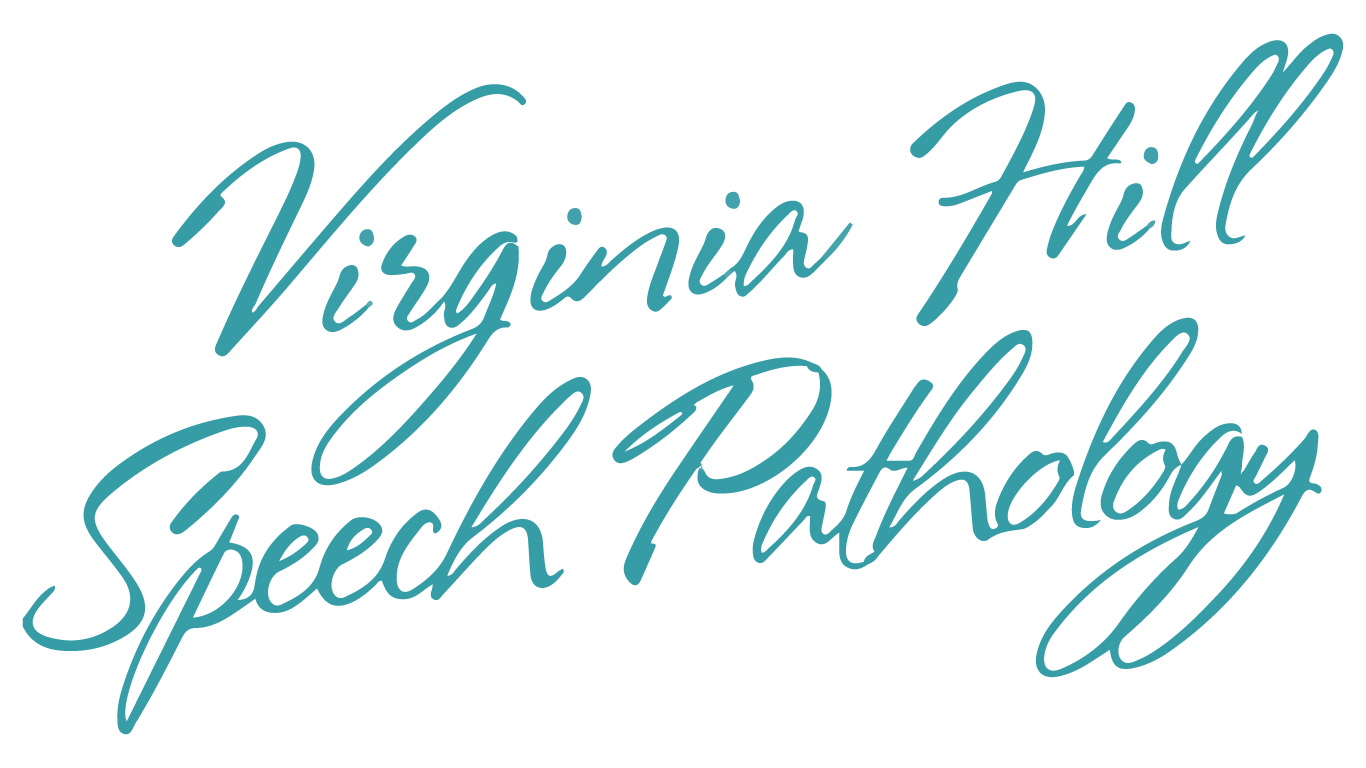
Please wait, loading...

Please wait, loading...
DYSLEXIA – what to look for:
SPEECH – what to look for
These lists are just a little guide.

Communication Milestones
Information from Speech Pathology Australia
LINK : Communication Milestones
Autism
Autism SA (Link) for resources, services and any news about autism in South Australia.
Tony Attwood’s home page (Link) for information about Asperger’s Syndrome (high-level Autism Spectrum Disorder).
Sue Larkey’s home page (Link) for helpful resources for teachers and parents. Also check out her Facebook page for some useful discussions regarding managing challenging behaviours.
Bill Nason’s Autism Discussion Page on Facebook.
Speech Difficulties in Children
Caroline Bowen’s home page (Link) for information on speech sound disorders. She explains the differences among the different types of disorders. She also provides helpful explanations regarding the links between speech sound disorders and literacy development.
The American Speech-Language-Hearing Association’s (Link) website for information regarding speech and language development.
The Childhood Apraxia of Speech Facebook page for Australian parents (Link).
Voice
Many people who use their voices a lot during work or leisure activities can develop voice problems, including hoarseness, harshness and discomfort. The National Institute on Deafness and Other Communication Disorders (NIDCD) (Link) in the US provides some helpful information on protecting your voice.